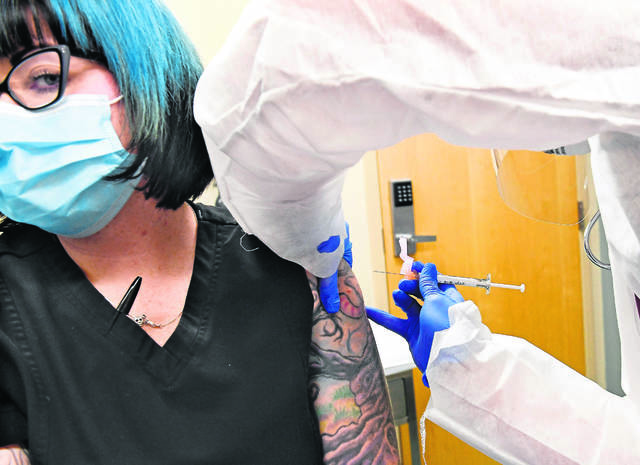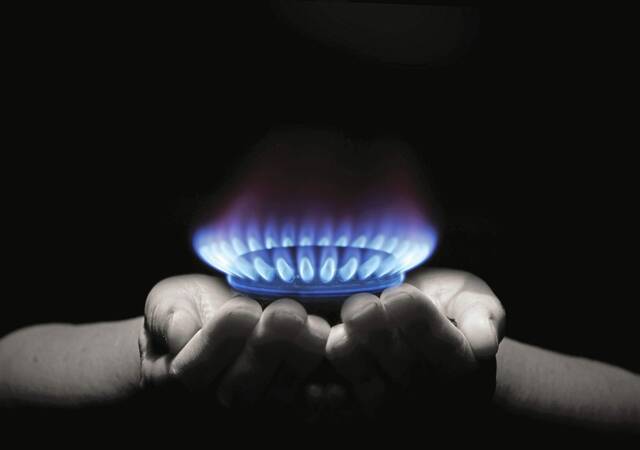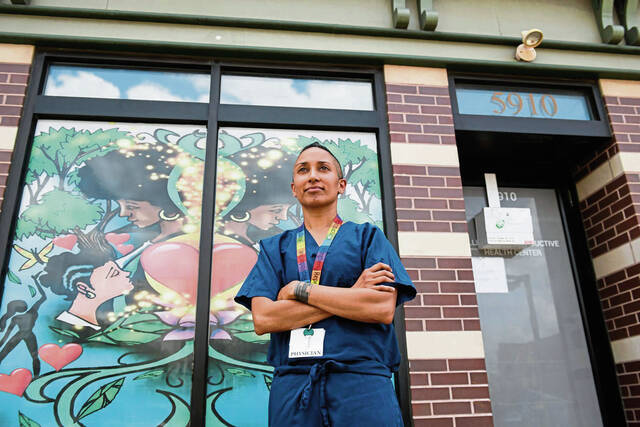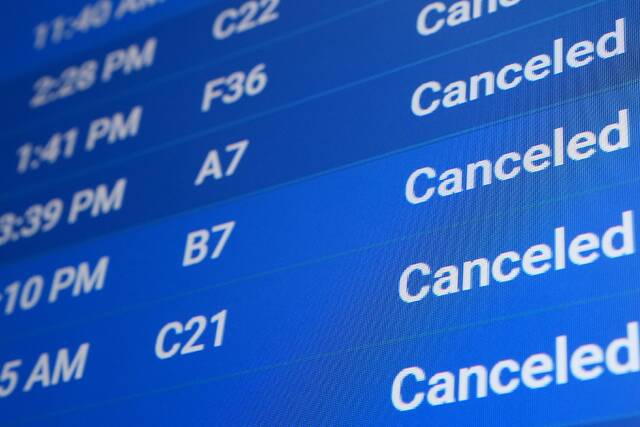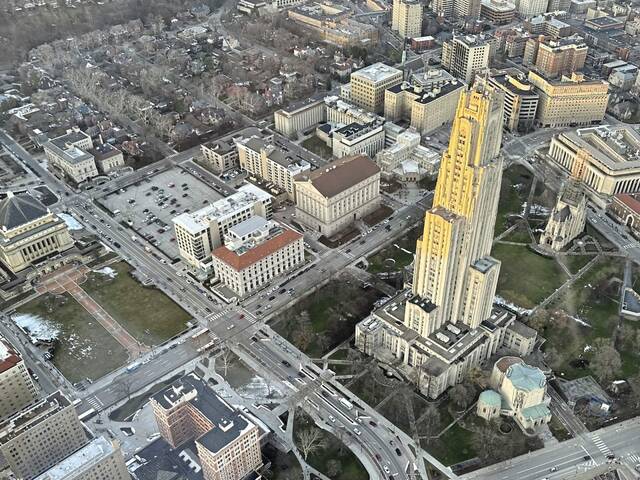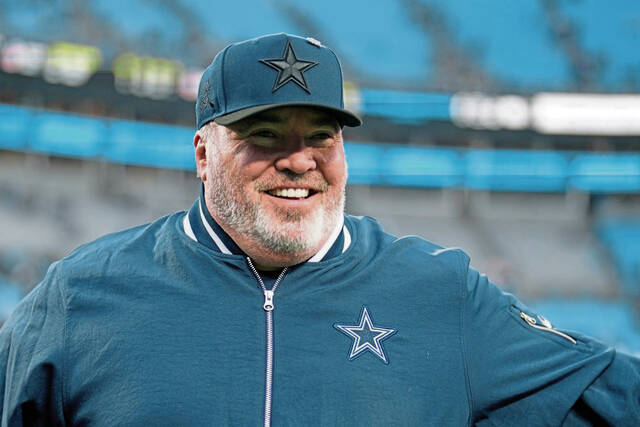It seems likely a vaccine will be developed and proven effective against the SARS-CoV-2 virus in the next several months. After the vaccine is released, hundreds of millions of people will be vaccinated. In the U.S., in the following year, about 500 people will be diagnosed with anaplastic thyroid carcinoma, most of whom will die.
Some will attribute the cause of this cancer to the newly released vaccine, reasoning that their good health habits and absence of family history of cancer should have protected them. They may know someone who recently tested positive for the virus but had no symptoms. Or they may know someone who received the vaccine but nonetheless came down with covid-19. They may learn of similar stories through online searches and come to believe they received an ineffective vaccine that caused their cancer.
Many hearing their story will have a moment of doubt about the safety and effectiveness of the vaccine. If they haven’t yet been vaccinated, they may decide to wait and see.
And they will be wrong.
Why? Because had the coronavirus not made its leap from bats to mammals to man, and had no vaccine ever been administered to any human, the same number of people would have developed this cancer. Rare diseases will occur in the absence of a vaccine for coronavirus and after many receive it. Figuring out if the vaccine caused the disease will take time, perhaps years, to understand if more cancer occurred than expected.
What about the benefit side? Vaccines have markedly slowed and even stopped many diseases — think smallpox and polio. But for the individual, they don’t seem to do much. After being vaccinated, you don’t feel better, and may suffer with a sore arm or flu-like symptoms for a few days. And though you never contract the disease for which you were vaccinated, you don’t know if you would have had you not been vaccinated. For most vaccines, a single individual is unlikely to benefit. The benefit accrues to the population overall.
Since it’s going to take a while and many people vaccinated to understand whether the vaccine causes rare diseases, and you, the individual, seem unlikely to benefit, you might be among the half of respondents on a recent AP-NORC poll who stated they would refuse or were unsure if they would be vaccinated. But there is more you should consider.
First, since no human yet to be infected with coronavirus is immune, all of us stand a strong chance of catching it. We know approximately 70% of people will need to contract the virus to achieve herd immunity, at which point covid-19 may fade away. So your chances of trouble are 7 of 10. In the U.S., that means 230 million people (70% of 338 million) will have to get covid-19. Five million have had it, leaving 225 million to go. As of now, about 3% of those who’ve been infected in the U.S. have died. Again, assuming no broad vaccination of the public, this means about 6.75 million of those 225 million will die.
You might be young, making your risk of dying from the virus lower, 0.3%, one-tenth as much. We’re down to 675,000 deaths … ignoring deaths in older people.
Some may think I’m exaggerating. After all, in the U.S., 160,000 have died across all age groups so far — not even close to a million. The general shutdown, as hard as it has been on many, has slowed spread of the virus. Nonetheless, everyone who hasn’t yet contracted the virus remains susceptible. It may take several years to get to 6.75 million deaths (or 675,000 deaths in young adults), but we’ll get there in the absence of widespread vaccination. We’ll have to maintain the shutdown and resultant economic slowdown for several more years. The economic impact is unimaginable.
It’s clear to me vaccination is the right choice. Once most of us receive it, we will have saved the world from an enormous amount of suffering and death and can delight that our kids are back in school, eat at our favorite restaurant, watch a sports game hearing real crowd noise, and give each other a few hugs and handshakes.


